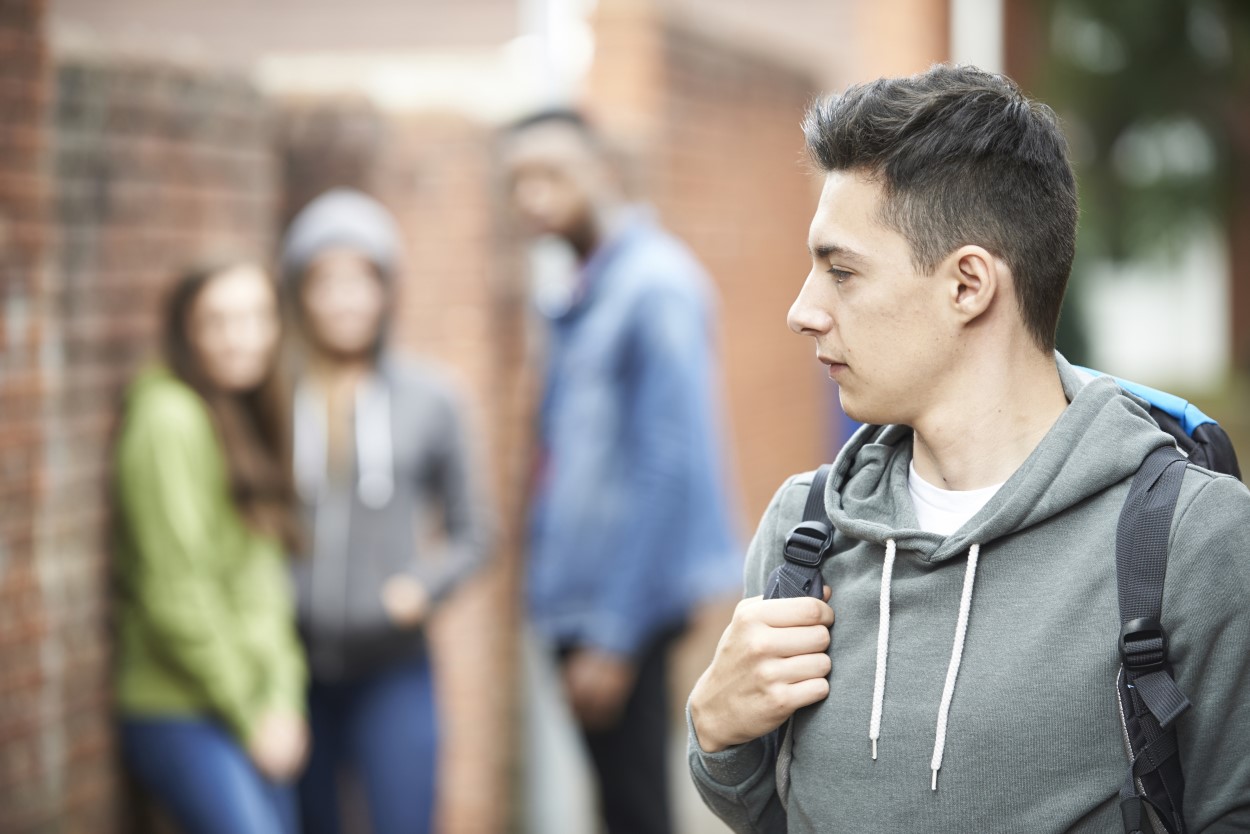Relationship abuse: how it can affect your child's development
Nov 8, 2018 1:50:04 PM
Remaining in an abusive relationship doesn't only put you at risk, but also your children. Even if your children are not victims of abuse directly, knowing that abuse is happening to their loved ones can have a significant impact on their development.
Many people in abusive relationships underestimate how much their children pick up on. Studies have found that children or teenagers are present during the majority of abuse incidents. As many as 80% are aware that abuse is happening in the home, whether they hear it from another room or see its effects later.
Children raised in abusive homes may be at higher risk of developing a range of academic, social, behavioural and psychological problems. This can be considered a form of emotional neglect and may be grounds for statutory care and protection.
The following are just some of the ways abuse between adults can leave its mark on children:
Setting the wrong example
If children are raised in an environment of emotional abuse, manipulation, neglect or violence, this behaviour can become normalised. Children look up to their parents and caregivers for guidance and often imitate their behaviour.
When they see adults perpetrate and accept abuse, children may come to see it as a normal part of a relationship. As they grow up and enter relationships of their own, the cycle of abuse and victimisation may continue.
By ending the relationship or seeking help, parents and caregivers send a strong message to their children that the situation is not okay and should not be accepted.
Emotional problems
Growing up in an abusive home can have a severe impact on children's emotional development. Even if you try to protect them from abuse, children have learned since birth to pick up on body language and other non-verbal signals and are likely to notice a tense or unpleasant atmosphere.
Children respond to these situations in different ways. Some may become more defensive and distrustful, while others may be too willing to trust others due to lack of parental guidance, putting them at risk of abuse in later life.
A common trait of children from abusive homes is low self-esteem, which may manifest as heightened insecurity or aggression. If parents are neglectful, children may feel starved of love and attention, which could lead them to make bad decisions as they get older.
Mental health problems
Children's mental health is a complex field that is widely misunderstood. Parents and caregivers should know what warning signs to look for.
Childhood depression can be characterised by lack of interest and enthusiasm in activities, while problems with concentration, sleep disturbances and bed wetting can sometimes be in response to a traumatic event such as witnessing abuse.
As they grow up, these children are at higher risk of developing problems such as anxiety and depression, as well as a higher risk of substance abuse and other risk-taking behaviour. Their academic performance and social skills may also suffer.
Where to get help
Ending a relationship can be difficult, and may even be dangerous if you have an abusive partner. If you are worried about the effect a separation would have on your children, know that remaining in an abusive relationship can be much worse for everyone.
If you need to talk to someone about your situation or to get some free advice, there are many support services out there:
1800RESPECT (1800 737 732) is a 24-hour national helpline for Australians who have experienced domestic abuse or may be at risk. http://www.1800respect.org.au/
Relationships Australia (1300 364 277) offers support groups and counselling for abusive and abused partners. http://www.relationships.org.au/
Lifeline (13 11 14) has operators in every state who are trained to help people experiencing a personal crisis. http://www.lifeline.org.au/
If you think you or a family member may be in immediate danger, call the police on 000.
If you are worried about how your situation might affect your rights in relation to the care of your children, click the image below to download our free ebook Care and Protection: Know Your Rights and Where to Get Support. Find out what your rights are as a parent and how family lawyers could help you.



